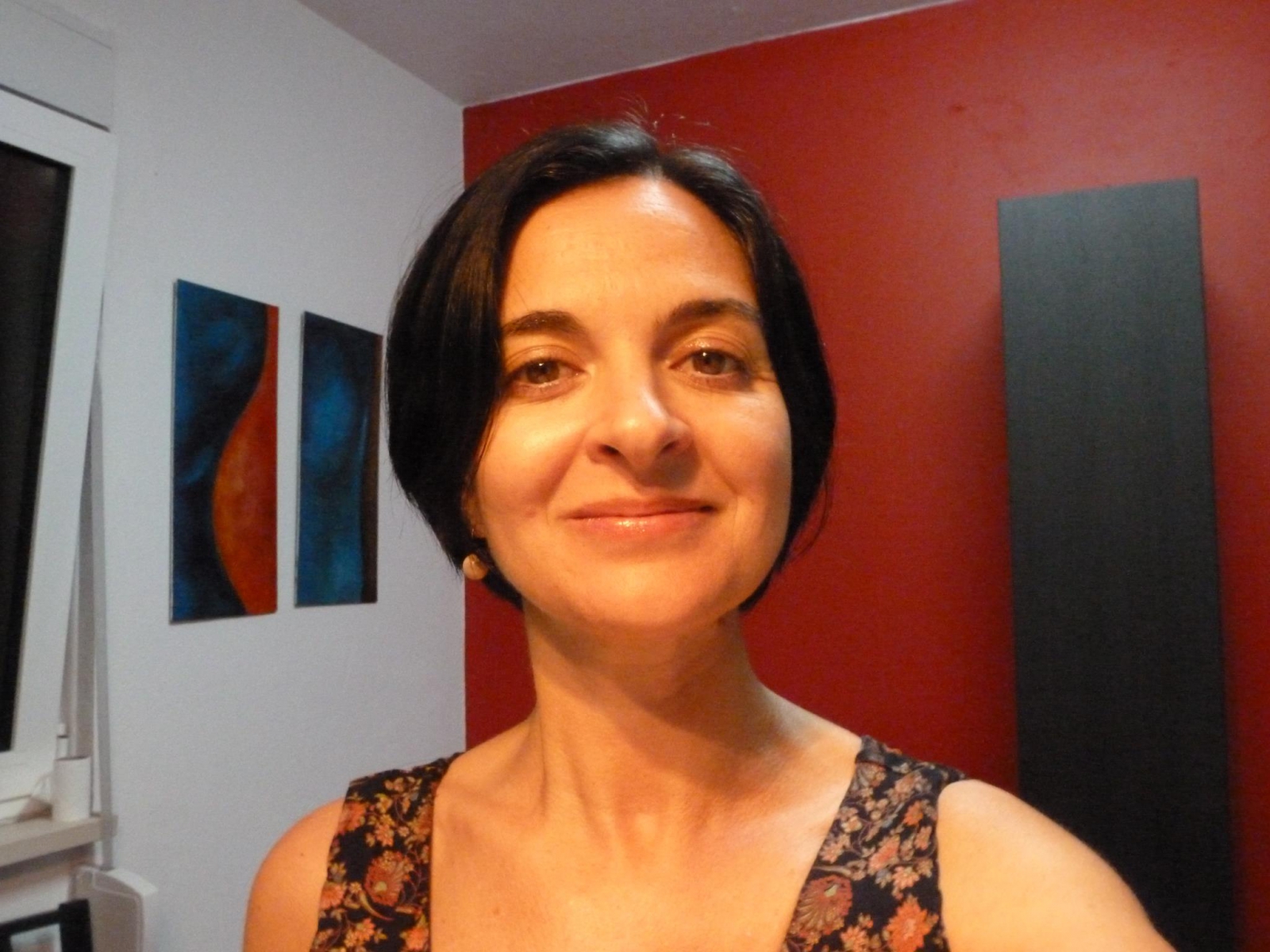Museums, intangible cultural heritage and innovation through participatory methodologies
Based on the study Participatory methodologies in the safeguarding of the intangible cultural heritage (2018), where I identified approaches from different actors and institutions, in this paper I present the conclusions about experiences carried out by museums.
Assuming that no project is entirely made of successes or failures, I will not highlight specific cases, instead, considering an articles’ review on the implementation of museums projects, I intend to identify advantages, problems and possible solutions that enables a higher engagement of communities, groups and individuals (CGIs). Because each project has its own characteristics we cannot talk about “recipes” or perfect acting models, however, by bearing in mind the participatory methodologies, the 2003 UNESCO Convention and an ethical conduct, it is possible to think in museums actions to increase that involvement.
In our study we concluded that museums are privileged institutions for safeguarding heritage and their projects are presented in an assertive way that evidence the assimilation of the New Museology assumptions and the 2003 UNESCO Convention - in particular, the enhancement of the holistic perspective of heritage, of local action, of ICH and community participation in their activities – an innovation in the practice of museums. However, we can enunciate a number of suggestions on what can be improved. Especially in relation to the following issues:
- promote contact with living heritage. Live it (in situ);
- promote ICH safeguarding in its own context, with practitioners, in its place, time and rhythm (again, in situ);
- reduce some dispersion, even divergence, of conceptual definitions;
- promote information among CGIs and be informed by them;
- improve teams/networks composed of different actors; work with professionals of participatory methodologies (with specific skills, as mediators or facilitators).

Filomena Sousa is an IF researcher (of the FCT Investigator Programme - Portuguese Foundation for Science and Technology) at Memória Imaterial, a Portuguese Non-Governmental Organization accredited by the UNESCO to provide advisory services to the Intergovernmental Committee for the Safeguarding of Intangible Cultural Heritage (ICH). She has a Postdoc in Anthropology (FCSH/NOVA) and a PhD in Sociology (ISCTE-IUL). She is member of the Institute for the Study of Literature and Tradition - heritage, arts and cultures (IELT – School of Social Sciences and Humanities - NOVA University of Lisbon). She has skills and experience on participatory methodologies and, since 2006, develops research projects in the context of digital platforms, policies and instruments for identifying, documenting and safeguarding Intangible Cultural Heritage. She directed several documentaries about Portuguese cultural expressions. |